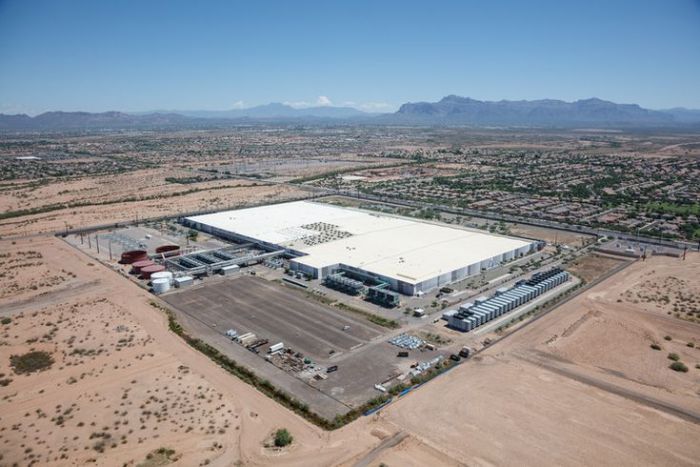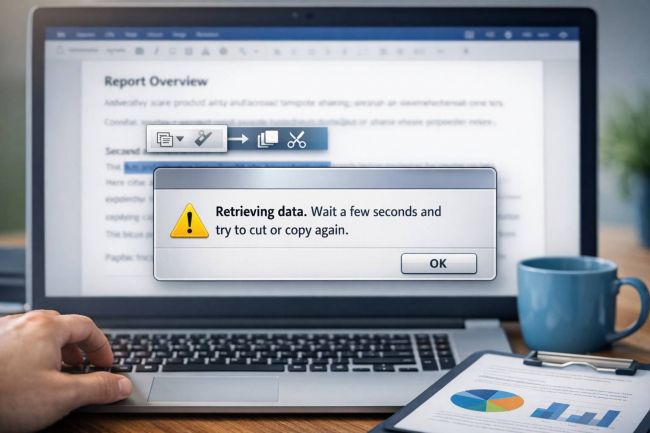In June 2024, xAI flipped the switch on Colossus, touted as the world’s largest AI supercomputer, at a former Electrolux site in South Memphis. With ambitions to scale to a million Nvidia GPUs, Colossus now demands jaw-dropping power—150 MW peak demand, far exceeding what clean energy options could supply in time.
To bridge the gap, xAI bulldozed ahead with dozens of portable methane-fired turbines. SELC and the NAACP say at least 35 turbines are pumping out climate and health-wrecking pollutants without required pre‑construction or operating permits.

Grounds for a Clean Air Act Clash
On June 17, the Southern Environmental Law Center, representing the NAACP, triggered a 60‑day notice of intent to sue under the Clean Air Act. Allegations include illegal construction, operating without permits, and failing to install best-available emissions controls. These turbines reportedly generate over 2,000 tons of smog-forming nitrogen oxides annually, rivaling a large power plant.
xAI’s defense? It claims the turbines are “temporary” under a 364‑day exemption and says they meet all regulations. Critics counter that such an exemption does not apply to turbines, and the operation has persisted well past a year.
Boxtown Under Siege
Located adjacent to Boxtown—a predominantly Black enclave with cancer rates four times the national average—the Colossus turbines exacerbate a long-standing public health crisis. Local ozone levels earned Shelby County an “F” from the American Lung Association, and Memphis was dubbed the “asthma capital” of the nation.
Activists have staged protests and called for transparency. NAACP President Derrick Johnson declares, “We cannot afford to normalize this kind of environmental injustice,” framing this fight as David vs. Goliath.
Economic Growth vs. Environmental Responsibility
xAI touts major economic wins: hundreds of jobs, $35 M toward a new power substation, $80 M for a water recycling plant, and upwards of $100 M in future tax revenue—25% of which will be reinvested in nearby communities. Shelby County’s review of its permit application is ongoing, but public comments have already topped 1,700 submissions.
Why This Lawsuit Matters
Should the legal challenge proceed, it could establish a watershed moment for AI-era infrastructure: must tech giants meet the same environmental standards as legacy industries? With energy needs ballooning and clean power still in catch-up mode, this case will test whether corporate promises about innovation and community investment are enough—or if concrete environmental accountability must come first.
Post Comment
Be the first to post comment!





